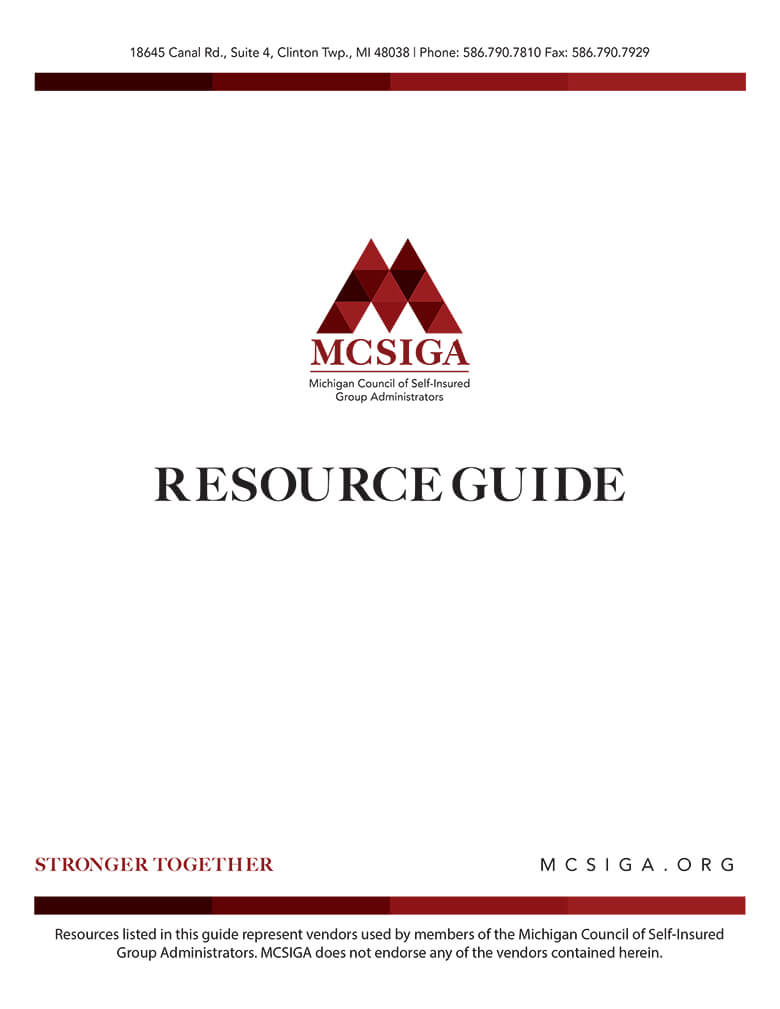Basic Information: How Does Self-Insured Workers' Compensation Work?
A Self-Insured Group is a group of employers in a common industry who have joined together to provide workers’ compensation benefits.
Group members pay premiums to the self-insured group, and the self-insured group pays expenses and claims for injured workers. Left over funds are called “surplus funds," which are returned to members through premium reductions and dividends. This surplus would be a commercial insurance company’s profit.
Regulated by the State of Michigan, these not-for-profit self-insured groups are organized to provide superior services and programs for group members.
Run by a board of directors made up of members, groups contract for services normally performed by an insurance company, such as:

- Program Administration
- Safety and Loss Control
- Claims Administration (Third-party Administrator)
- Independent Accountants and Actuaries
- Excess Insurance
All of these, working together, keep costs low for members and reduce group exposure.
Benefits of Self-Insured Group Insurance
Competitive
Pricing
Unused Premiums
Returned
Fast and Fair
Claims Handling
Comprehensive Loss Control Programs
Great Service
to Members
